General News
How to Choose the Right Solar Inverter?
When setting up a solar power system, selecting the right inverter is crucial for ensuring that your system operates efficiently and meets your energy needs. A solar inverter converts the direct current (DC) electricity generated by your solar panels into alternating current (AC) electricity, which is used by most household appliances. To help you choose the right solar inverter, we will discuss several key factors to consider, along with some product recommendations from our extensive range of inverters.
1. Types of Solar Inverters
There are three main types of solar inverters to consider:
- Grid-Tie Inverters: These inverters are designed to connect your solar system to the utility grid, allowing you to either use solar power or send excess energy back to the grid. If your primary goal is to reduce electricity bills, a grid-tie inverter is a great option.
Example product: 10KW Single Phase Grid Tie Inverter. - Hybrid Inverters: A hybrid inverter combines both a grid-tie inverter and an energy storage system. This allows you to store excess energy generated during the day in batteries for use at night or during power outages.
Example product: 12KW Three Phase Hybrid Inverter. - Off-Grid Inverters: Ideal for areas without reliable access to the power grid, off-grid inverters work in conjunction with a battery bank to provide energy independently of the utility grid.
Example product: 5KW Hybrid Solar System + Inverter + 10kWh LiFePo4 Battery.
2. Power Capacity
Choosing the correct inverter capacity is essential for handling your energy consumption. The inverter should match or exceed the output of your solar panels. If your panels produce more energy than the inverter can handle, the excess energy will be wasted. On the other hand, choosing an inverter with too low a capacity will limit the efficiency of your system. For residential applications, a typical home solar system requires an inverter rated between 3KW and 10KW, but larger systems can go up to 25KW.
For example, a 10KW Three Phase Grid Tie Inverter would be ideal for medium to large households.
3. Efficiency and Reliability
Efficiency is one of the most important factors to consider when selecting an inverter. A higher efficiency means that more of the energy generated by your solar panels will be converted into usable electricity, minimizing losses. Look for inverters with an efficiency rate of 95% or higher.
Additionally, it’s essential to choose a reliable inverter brand. Opting for a manufacturer with good customer reviews and reliable after-sales support is crucial for long-term satisfaction. We pride ourselves on providing high-quality, reliable inverters, with comprehensive customer support.
4. Warranty and After-Sales Service
A solar inverter is a long-term investment, and you’ll want it to last for many years. Look for a product that comes with a solid warranty, ideally 5 years or more. Many manufacturers offer extended warranty options, and having this protection ensures that you won’t have to worry about repairs or replacements for many years.
Our inverters come with warranties ranging from 1 to 5 years, depending on the model, with extended support available for most systems.
5. Price and Budget
When choosing an inverter, consider your budget and the total cost of your solar system, including installation and maintenance. While more expensive inverters may offer better features, it’s important to balance your investment with the benefits. Our solar inverters, such as the 5KW Single Phase Grid Tie Inverter, offer excellent value for money while maintaining quality and efficiency.
Conclusion
Choosing the right solar inverter involves considering factors such as the type of inverter, power capacity, efficiency, warranty, and your budget. Our range of solar inverters is designed to meet various needs, whether you’re looking for a grid-tie, hybrid, or off-grid solution. Explore our selection and find the perfect inverter for your solar system today. For more details or to make a purchase, visit our solar inverter product page.


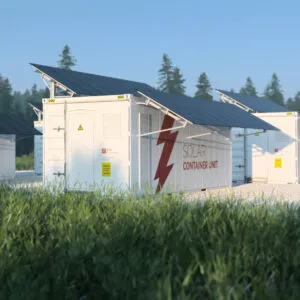
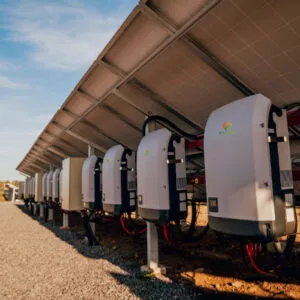
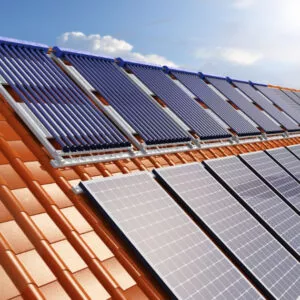
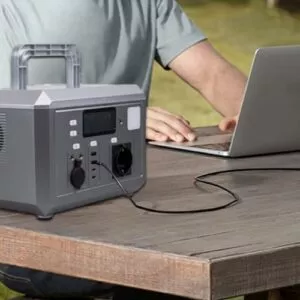
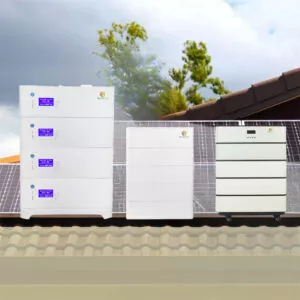
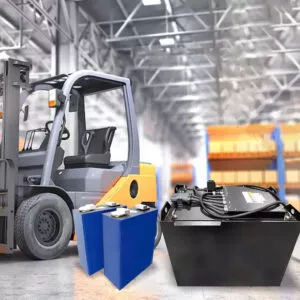
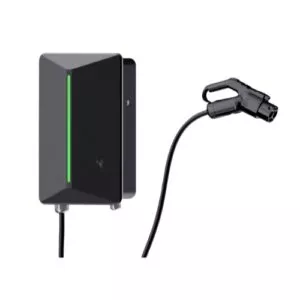
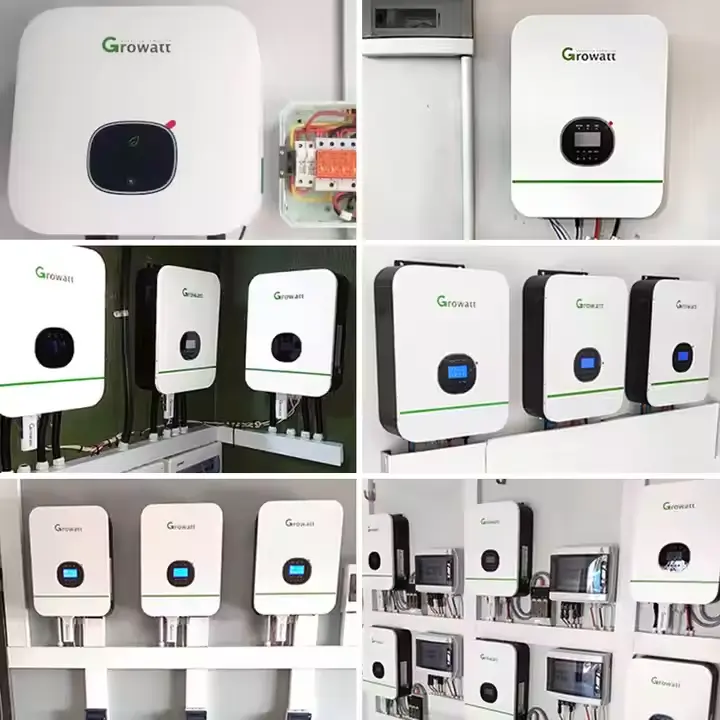
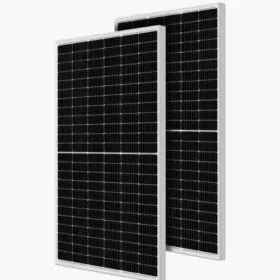 Solar Panel
Solar Panel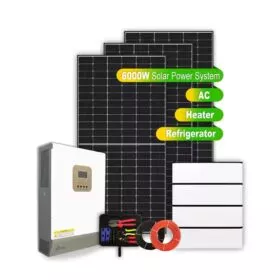 Solar Power System
Solar Power System